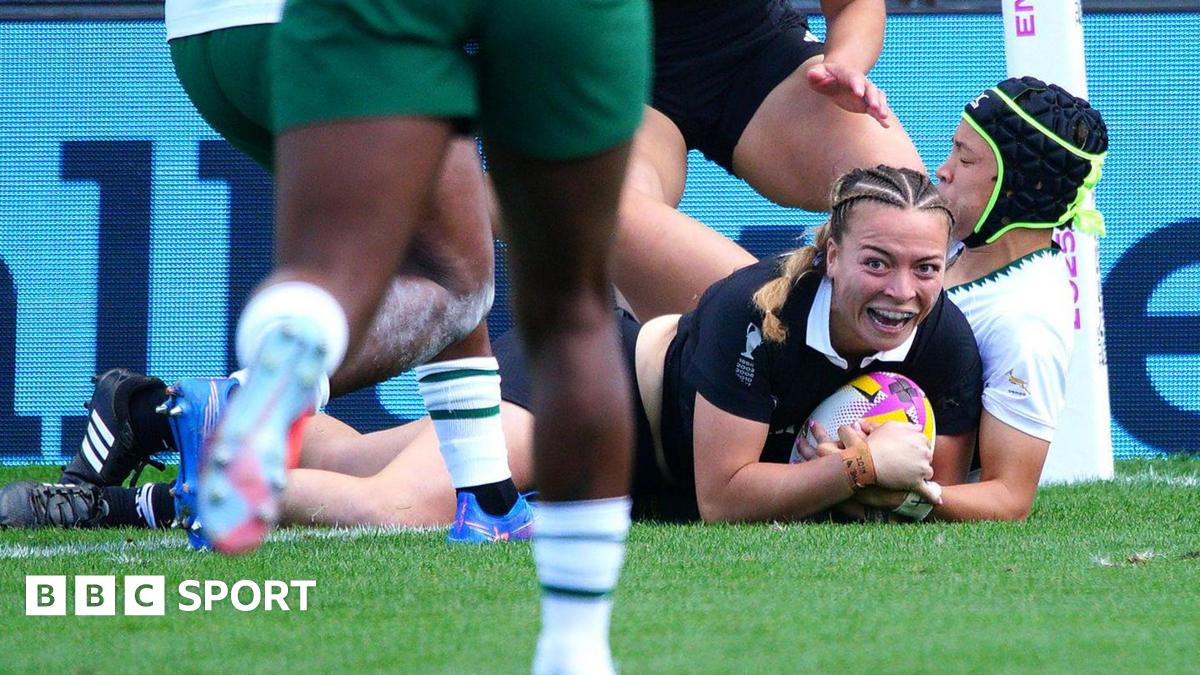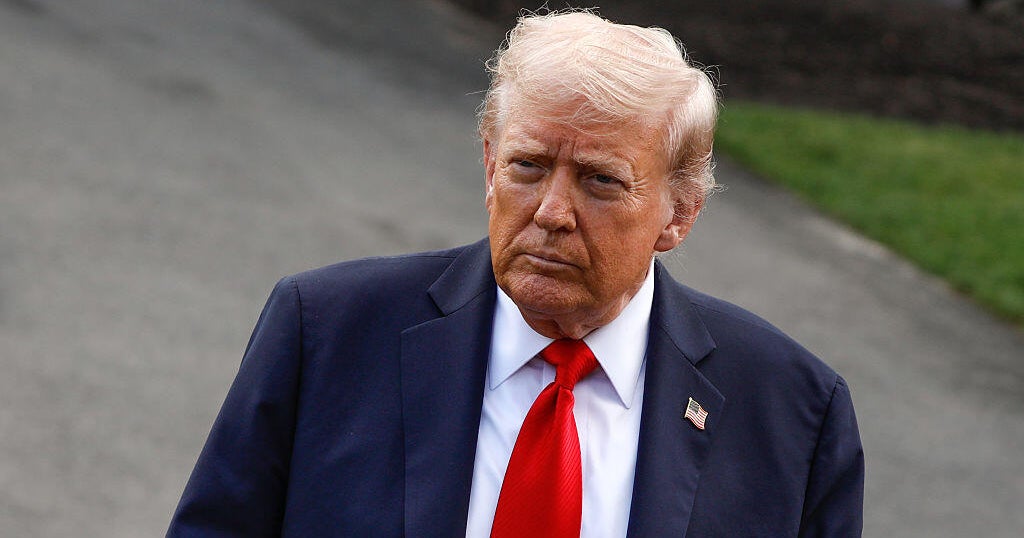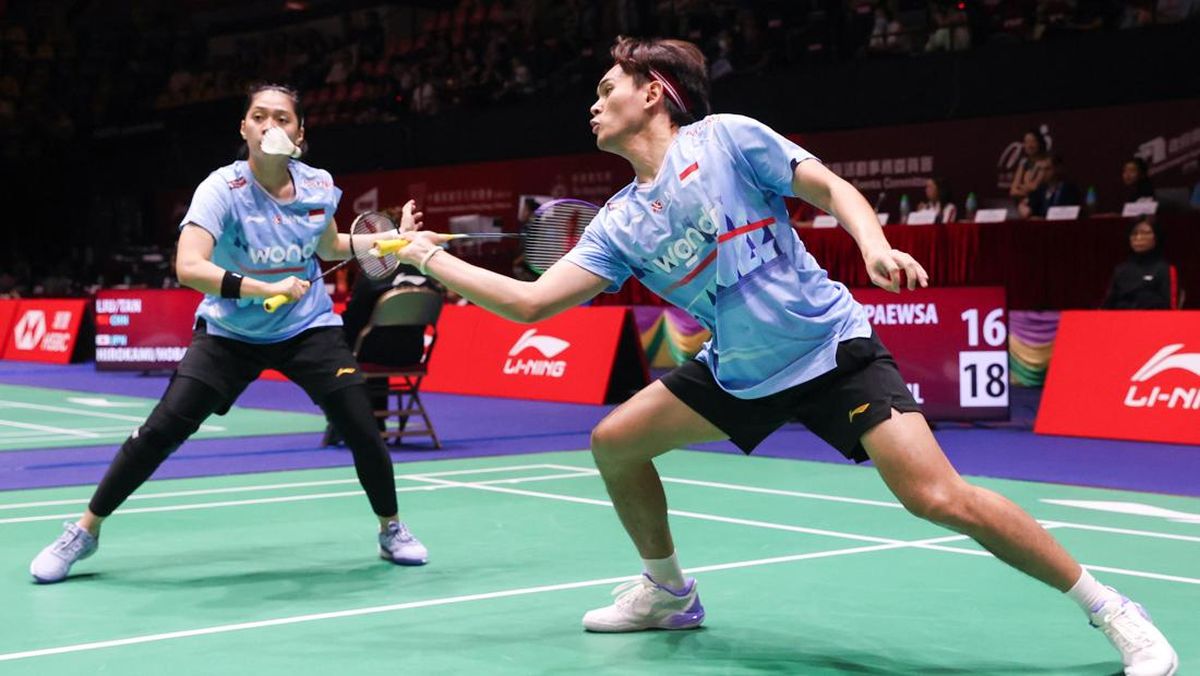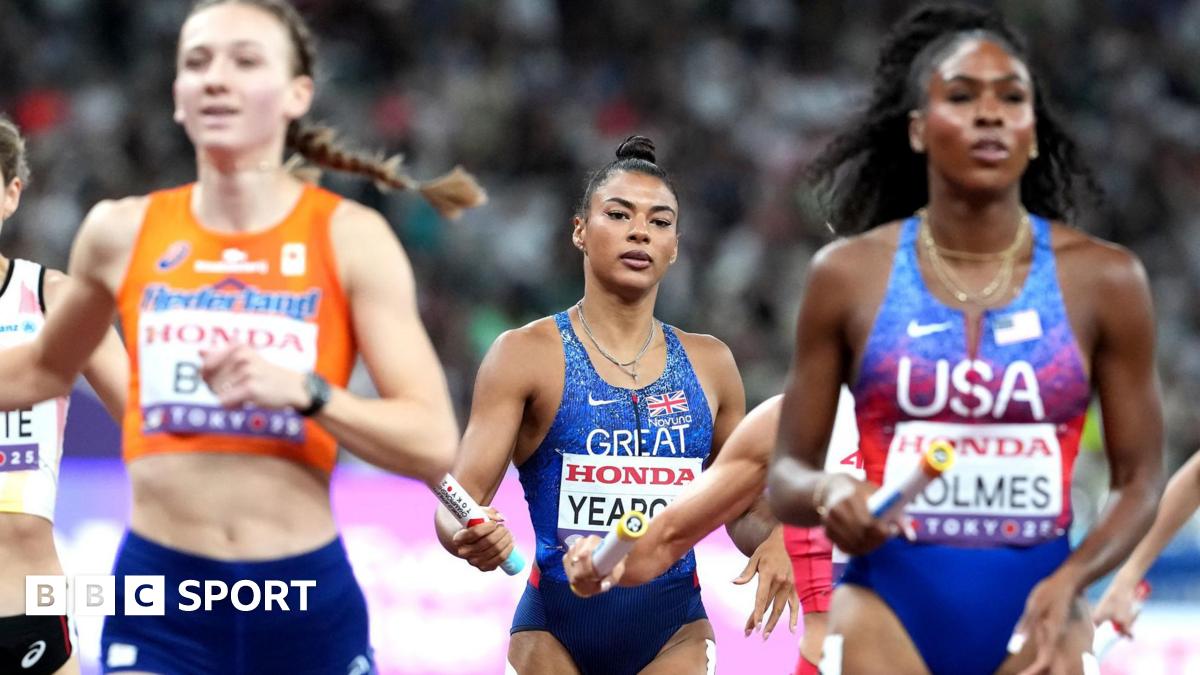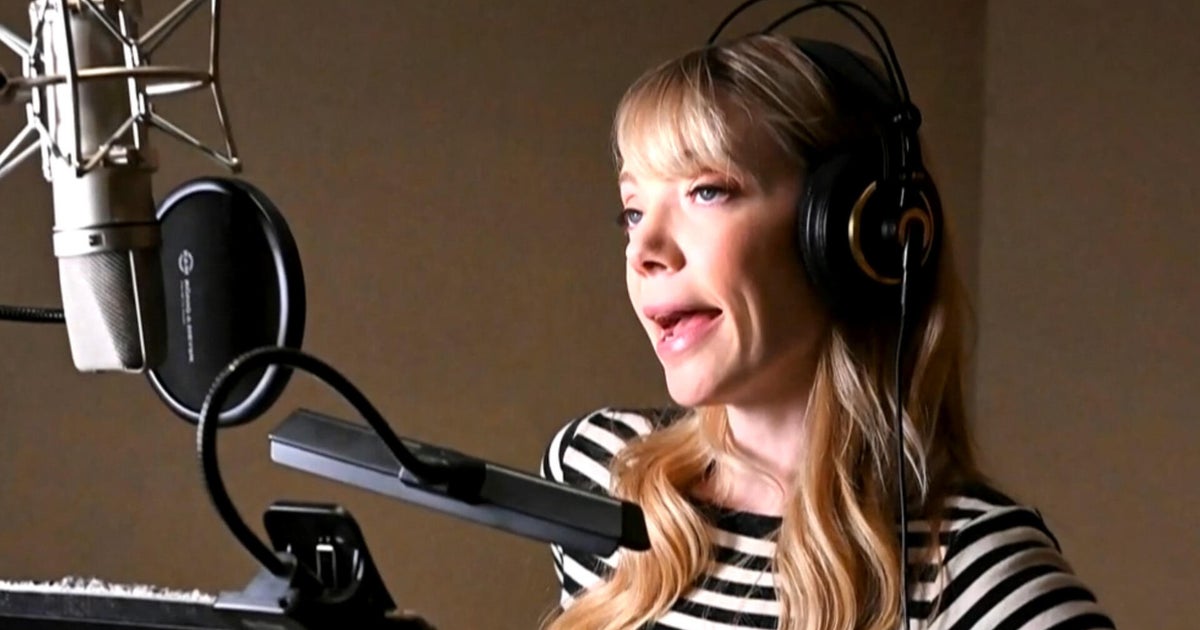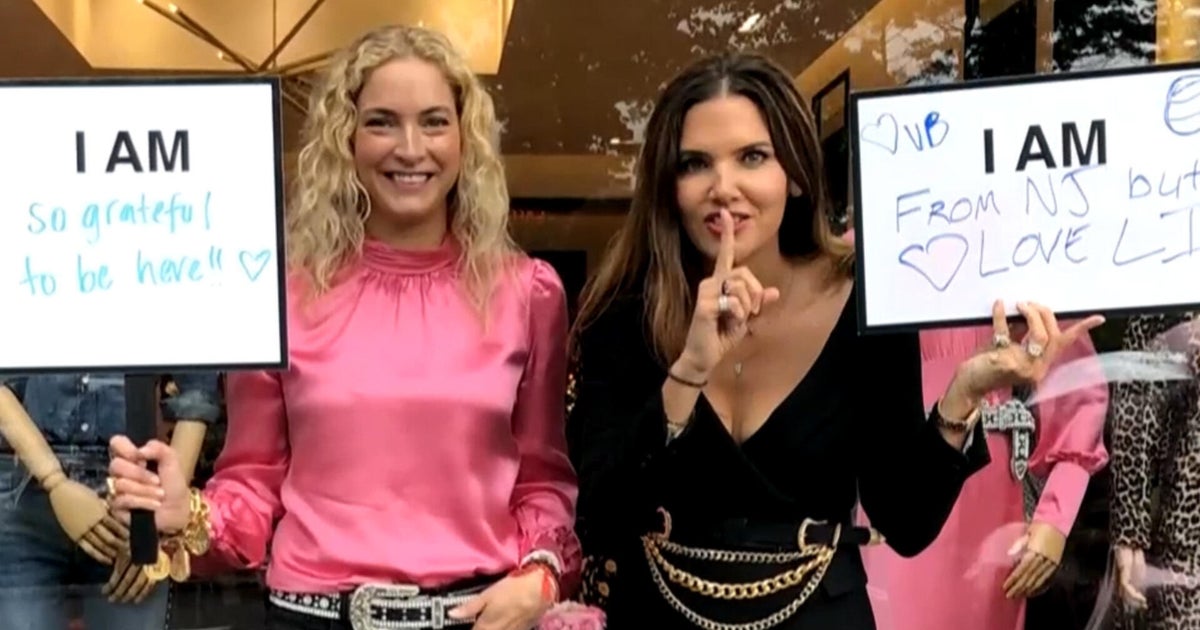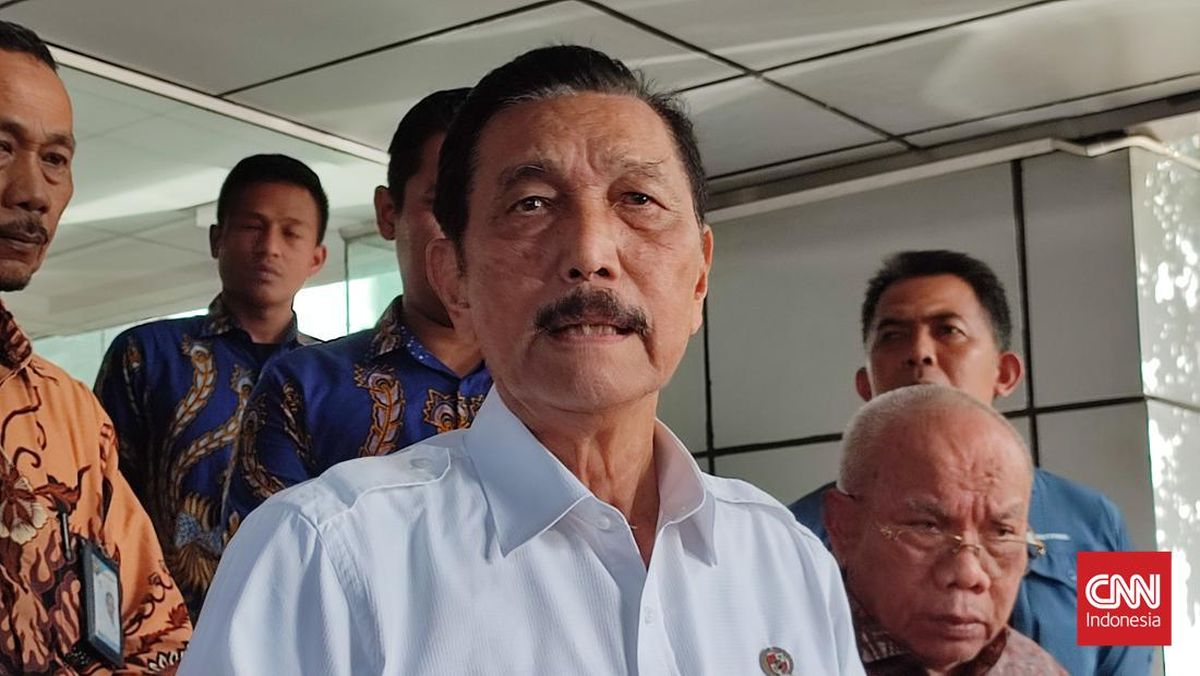More than half the 28,397 properties analysed sold above the top end of the range, a ratio in line with this masthead’s Bidding Blind data set which stretched back to last year.
The anonymous submitter said they collated the data by developing an experimental application “over a few weekends during a lockdown in 2021” after speaking to friends trying to navigate the auction market.
Their records show one home in Collingwood listed with a top estimate of $550,000 that sold for $1.43 million, and a property in Abbotsford listed with a top estimate of $900,000 that sold for $2.17 million.
“Findings from this experiment will come as no surprise to the committee or the public, where the application found potential evidence of underquoting, of up to 40 per cent and beyond,” the submitter wrote.
“If I can solve the problem of detecting egregious instances of underquoting and build a solution over a couple of weekends that costs next to nothing to operate, then why can’t the Victorian government do the same thing?”
Finance industry worker Sam Walker also conducted his own data analysis when recently searching for a new home in the Melbourne outer suburbs of Mill Park and Epping.

Melbourne man Sam Walker is calling on the Victorian government to do more to tackle persistent underquoting.Credit: Simon Schluter
He found the properties he was inspecting would generally sell for 10 to 20 per cent more than the highest estimate in the price guide.
And often the price guide would be justified in the mandatory statement of information by so-called “comparable” past sales that weren’t really comparable at all.
Loading
Instead, they had an obvious drawback that made them inferior to the one for sale, such as being near a busy road or high-voltage power lines.
Walker noticed that the same unattractive property – sold below the suburb average because of structural issues and tree roots potentially impacting its foundations – appeared multiple times as a dubious “similar” sale for homes that didn’t have the same issues.
The introduction of a statement of information was a key plank of the Victorian government’s 2017 law reforms to address property underquoting but was criticised in a number of submissions.
Agents selling a residential property have to prepare the document providing an indicative selling price for property, typically supported by three comparable properties. However, critics claim agents can get around this requirement by making the case that no similar homes have recently sold nearby.
Multiple contributors to the review argued that the statement of information (SOI) requirements needed to be tightened up to force agents to provide genuinely comparable properties.
“The criteria for comparable properties used in the SOI should be more prescriptive, in my opinion,” wrote one real estate agent in a submission to the review.
“So, for instance, if the subject property is a renovated three-bedroom, home on say 700m2 in Surrey Hills, comparable properties should at least match. I know that not every land size is comparable, but comparable properties used should be as close as they can be to the listed property.”
The agent said one home in Surrey Hills had been listed with another agent who had provided no comparable properties on the statement of information, “when in fact the one next door, as well as others, was sold recently and are comparable.”
In its 2022 review submission, the Real Estate Institute of Victoria (REIV), argued that when fewer than three comparable property sales were available, the agent should have to provide a written explanation for their price estimate.
REIV interim chief executive Jacob Caine said this remained the position of the peak real estate lobby group. He said the current rules, where agents could submit a statement of information with no comparable proprieties or any explanation of how they came to their price guide, “allows gaming of the system to some extent”.

Real Estate Institute of Victoria interim chief executive Jacob Caine is leading industry discussions about price guide reforms.Credit: Joe Armao
“In the absence of other alternative changes to the pricing regulations, then the reform of the SOI could be incredibly valuable,” said Caine, who has been pushing the government to consult the industry on more ambitious reform to the rules governing price guides.
Another idea that has the support of the REIV and others in the industry is the disclosure of residential sales once a sale contract becomes unconditional, in all but rare exceptions. Currently, many sale prices are withheld when reported to real estate websites, handicapping buyers trying to understand price trends in their local area.
“While there is some sale information reported in newspapers and on news and real estate websites, it is not complete,” wrote Gerard Brody, then the chief executive of the Consumer Action Law Centre, in a submission to the review.
“Too often, a purchaser finds that a sale price has not been disclosed. This limits the information that purchasers have to inform themselves, and contributes to inefficiency in the market.”
Agents typically underquote properties to draw “as many potential buyers as possible into the net”, the review was told.
One submission said some agents also provided low price estimates to make more money through commission agreements with vendors where they get a higher rate if they achieve a sale above a certain amount.
Submitters also argued both for and against a proposal to disclose a property’s reserve price to auction. One wrote that assuming “that this ludicrous suggestion becomes a reality, it is highly unlikely that buyers will actually believe that a vendor will publish the lowest price that they would be willing to accept”.
In March this year, Sam Walker wrote to Victoria’s Consumer Affairs Minister Nick Staikos, warning him underquoting remained a “significant issue” despite the 2017 law reforms.
He said Staikos’ written response, in which the minister promised to forward his ideas onto the relevant department “as part of any future legislative reform”, didn’t go far enough.
“The data is out there now,” Walker said. “I guess the question is, what do you do about it?”
This week, Staikos pledged to “continue to engage with the sector and advocates about how we can make the property market fairer”, while a representative for the minister will join a REIV working group to develop a blueprint for price guides.
Start the day with a summary of the day’s most important and interesting stories, analysis and insights. Sign up for our Morning Edition newsletter.



